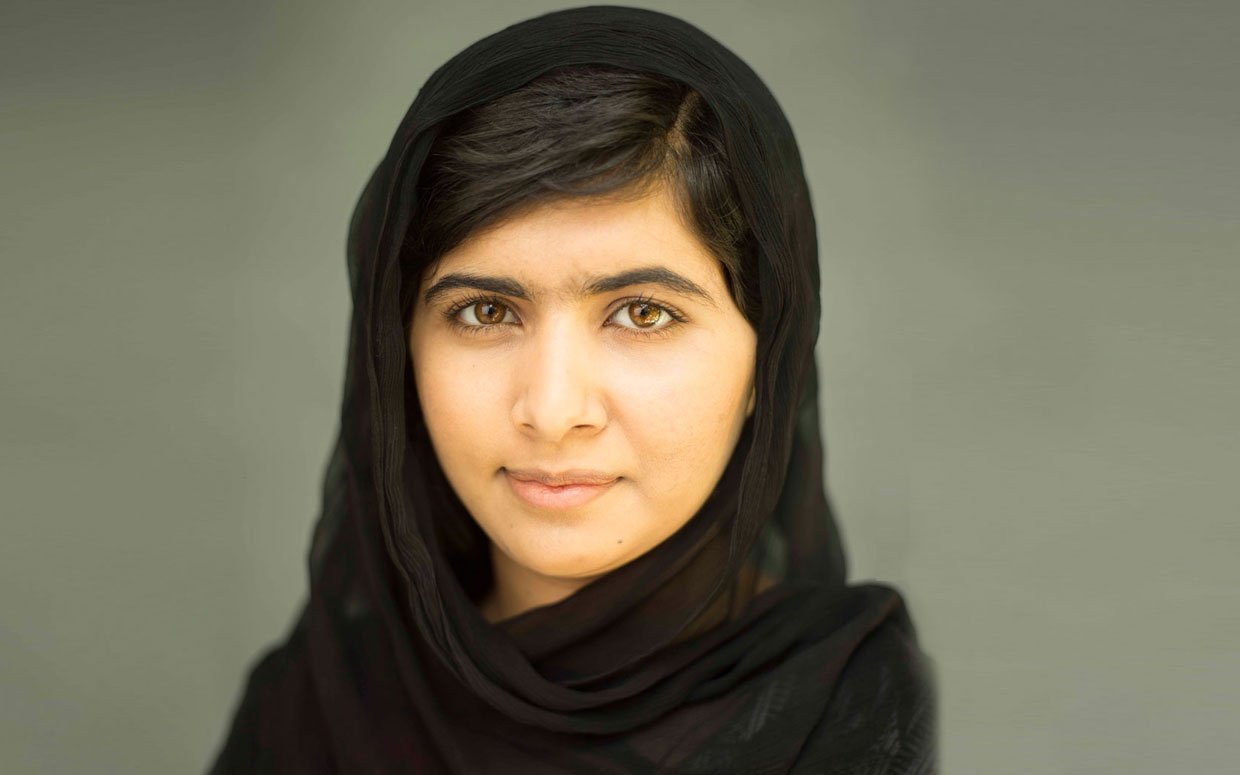Nobel laureate and co-founder of the Malala Fund, Malala Yousafzai, has said that critical barriers to girls’ education, include forced marriages, child marriage and school safety concerns.
These challenges are not unique to Nigeria as they manifest differently across various countries, including Afghanistan where the Taliban restricts girls’ access to education.
She made this assertion at a high-level stakeholder reception and dinner themed “Partners in Change: Shaping the Future of Girls’ Education Together” in Wuse, Abuja, Malala underscored the importance of infrastructure and socio-economic factors in addressing these issues. The Malala Fund collaborates with local partners and activists in Nigeria to tackle these complexities effectively.
The event was significant, featuring the introduction of Nigerian board members of the Malala Fund and a generous donation of $500,000 by Hauwal Ojeifo, the founder of Voice of Mental Health. Among the attendees were Malala Fund CEO Lena Alfi, board members, and Malala’s father and co-founder, Ziauddin Yousafzai, as well as Nigeria’s Honourable Minister of Women’s Affairs and Social Development, Hajiya Imaan Sulaiman-Ibrahim.
Malala stressed the importance of policy changes that ensure every girl has access to 12 years of education, along with the necessary financing to support this goal.
She acknowledged the accomplishments of activists in securing better, gender-responsive policies in several states and called for increased collaboration among all stakeholders, including ministers and government officials, to implement these policies effectively. Malala voiced her unwavering commitment to reintegrating girls into the educational system, particularly those affected by teenage pregnancies.
“We are dedicated to using education as a powerful tool against child and forced marriages. Our efforts include facilitating the re-enrollment of young mothers and girls who have been deprived of their educational opportunities. We cannot afford to leave any girl behind,” she stated.
Chief Executive of Malala Fund Nigeria, Nabila Aguele, highlighted the significant impact of Malala’s work over the past decade in Nigeria. As a result, the government of Adamawa State has successfully launched its first-ever education policy, which is responsive to gender issues and addresses the needs of girls and the wider community.
Over the last five years, Malala Fund has strategically focused on supporting several states in the Northeast and Northwest, including Oyo, Kaduna, Kano, Adamawa, Bauchi, and Borno, all of which were identified as needing additional resources and political backing.
Aguele emphasised the crucial role of local Nigerian civil society organisations in these states. She remarked, “For instance, Bridge Connect Africa in Kano is actively engaged in gender-responsive budgeting in collaboration with the state government and legislators. In Kaduna, partnerships with organisations like the Centre for Girls’ Education are leading the way in pioneering safe spaces for adolescent girls, a model that is being scaled and replicated in other regions.
“These initiatives focus on working with communities, families, and traditional leaders to ensure that the needs and aspirations of girls are comprehensively understood and incorporated into policies that facilitate their return to school. Additionally, the Malala Fund is also engaged at the federal level, advocating for broader systemic changes.”



